
The Hazel Project
Joined Sept 2025
51 Trees planted


5.6 tonnes CO2
Absorbed across trees’ lifetime

1 workday
Created for local communities

340.2 m²
Land reforested
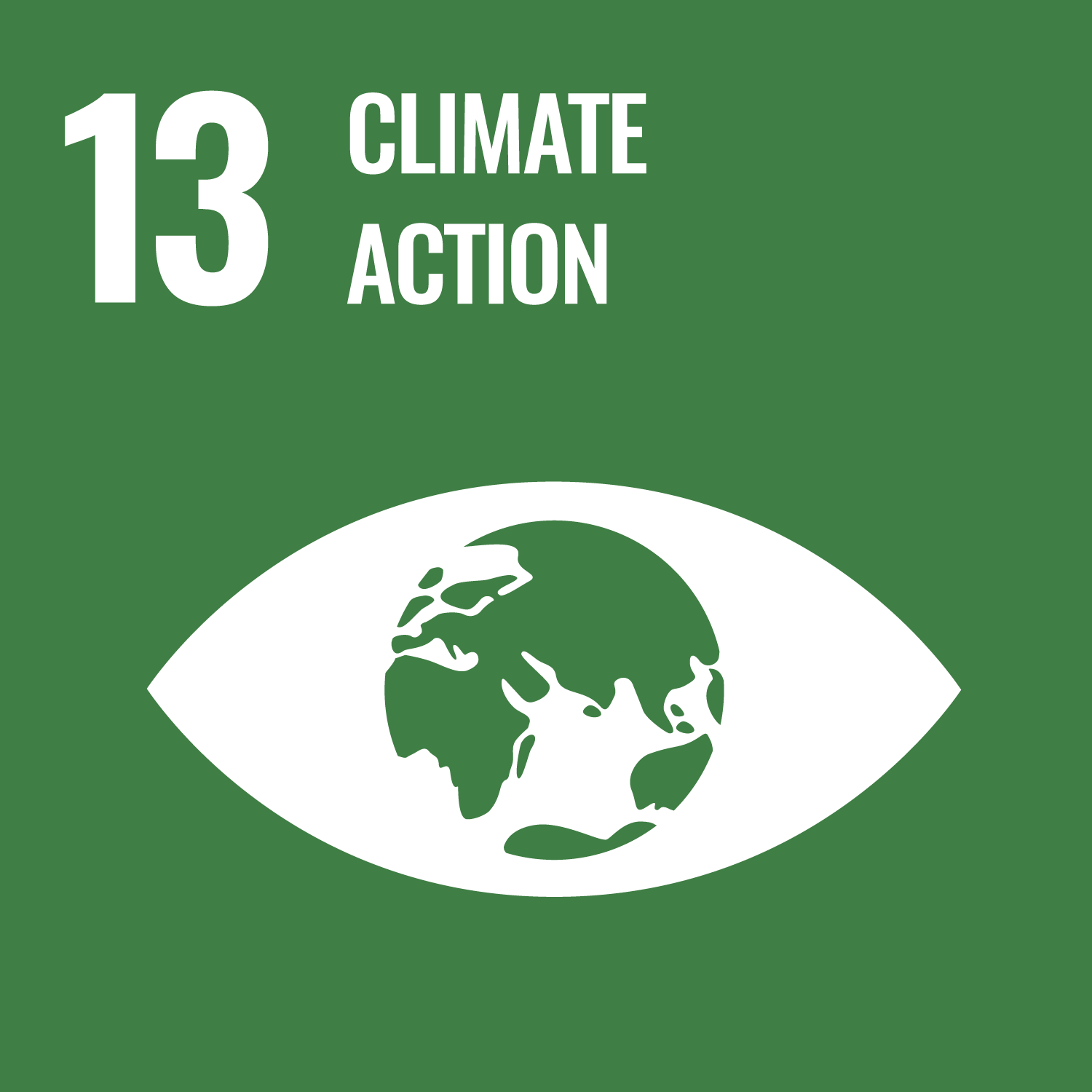
Climate Action
Most supported UN SDG
Planting Locations
Africa
Americas
Asia
Europe
Burundi
Rehabilitating species-rich lowland forests in Burundi
Burundi is a landlocked country in Africa. A country previously rich in forest, it has lost significant amounts of tree cover as a result of conflict in the country. Burundi’s ecosystems cover a total area of 27,834km2, and encompass over 4,500 different types of species. Despite its small size, Burundi is characterised by its plentiful biodiversity, including nearly 600 species of bird, over 200 species of mammal, and numerous endangered plant species, found in the Albertine Rift Montane Forests.
In Burundi, where rapid expansion of the agricultural industry is degrading land, we plant trees pine trees on this land to not only increase forest cover, but to also increase soil stability for future landscape recovery. Bamboo plants along rivers also further stabilise the banks, and provide resilience against flooding.
We are also committed to reducing waste and creating innovation in tree planting. Many seedlings here are planted in biodegradable bags made from banana peels in order to establish plastic-free tree nurseries. Such practices are taught to the local community and in schools in order for the local community to become successful stewards of the forests in the future. Additionally, organic waste produced in the tree-planting process is converted into biochar, which acts as a powerful fertiliser than can aid with both fertilising the soil, but also stores carbon that otherwise would have been created in the waste process.
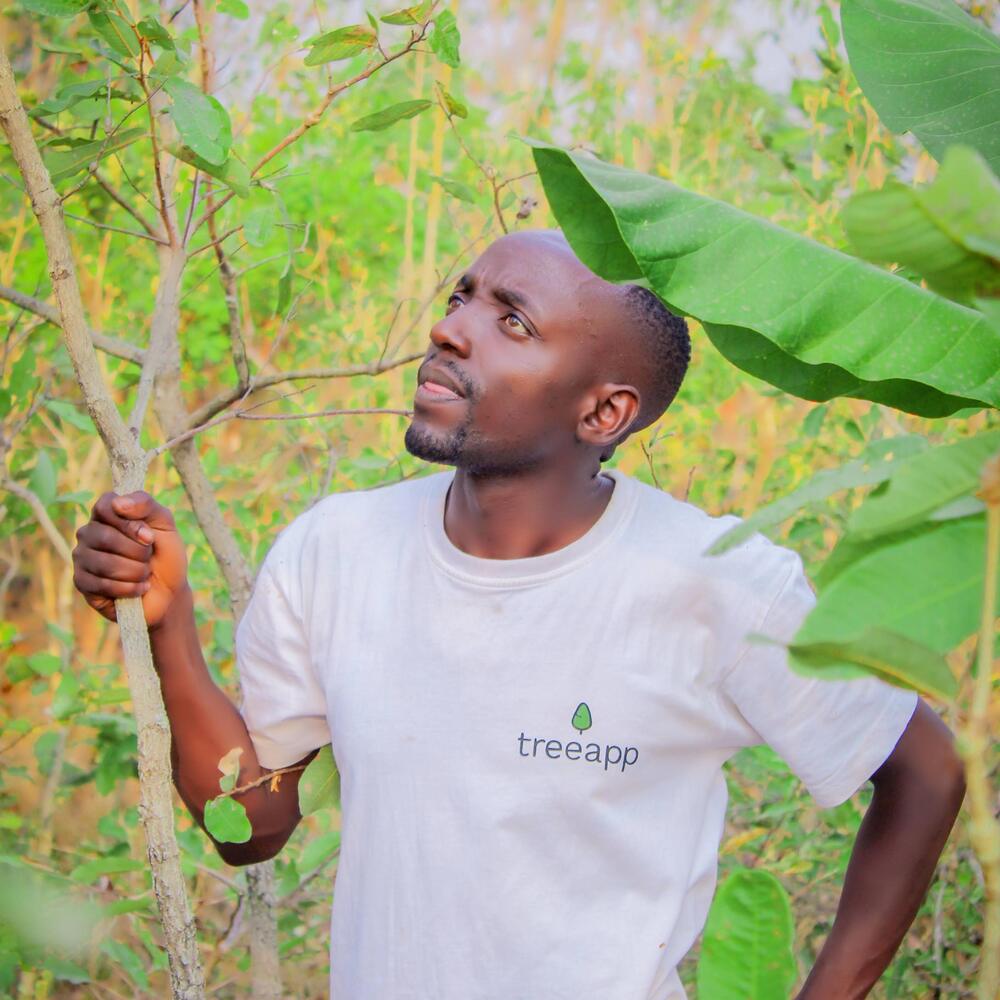
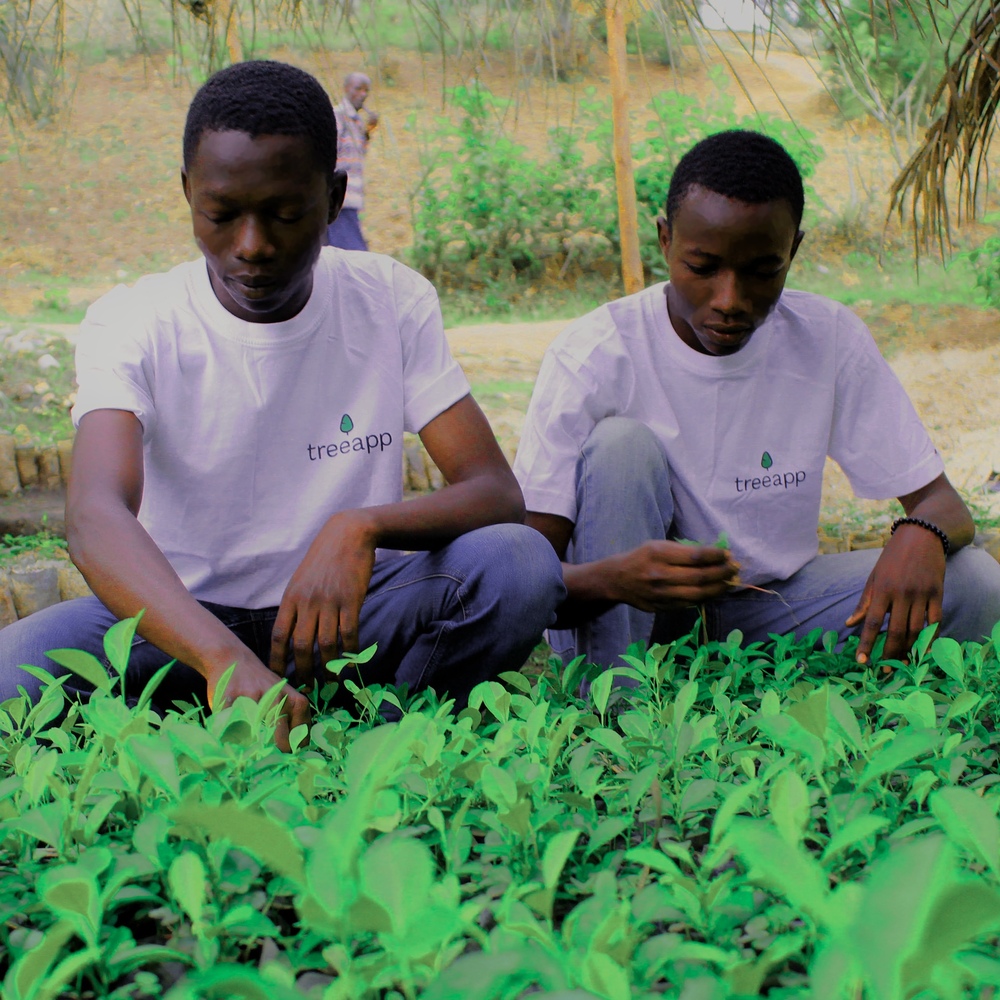
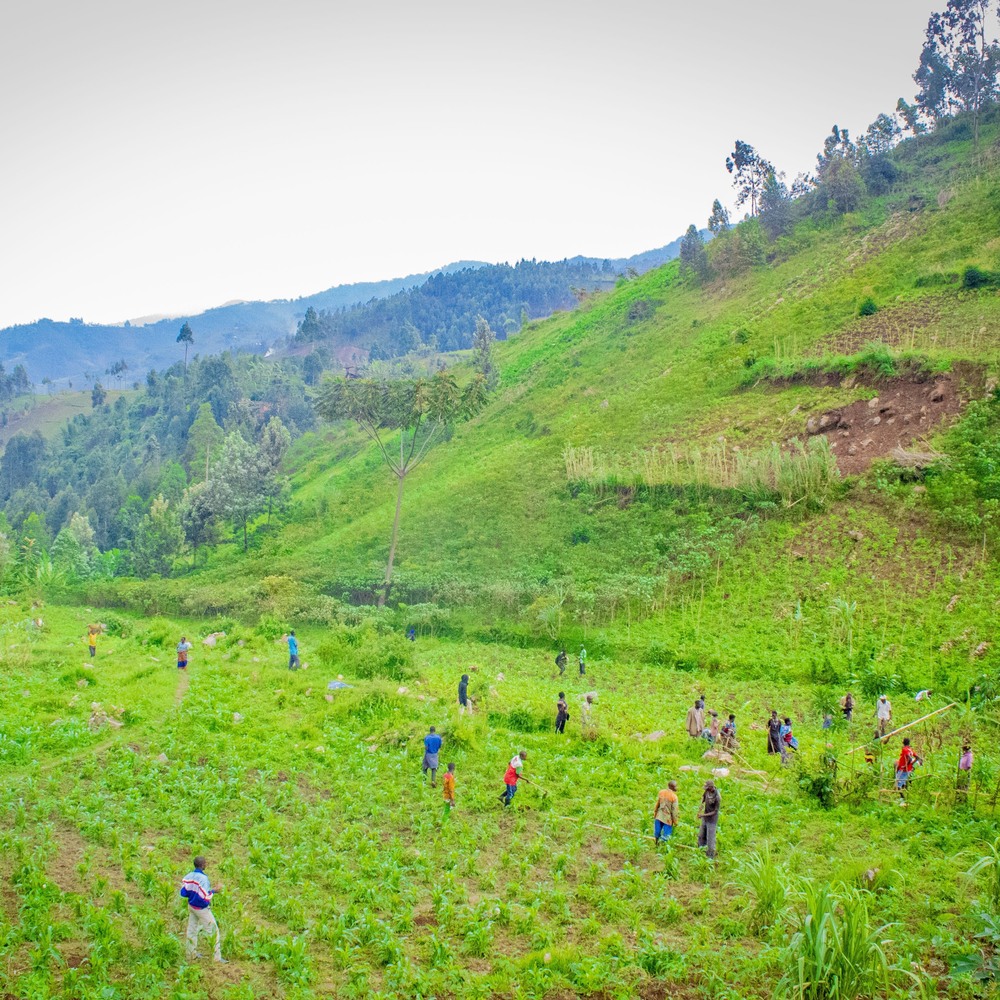
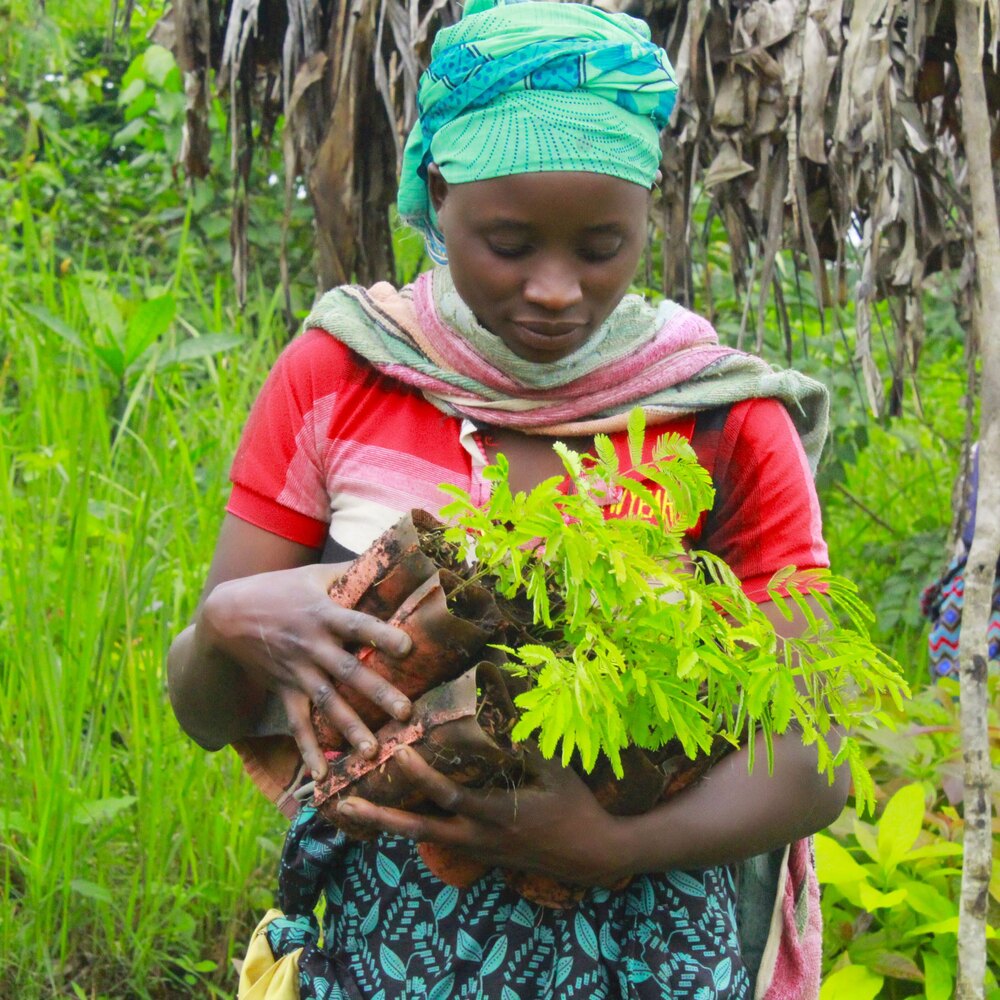
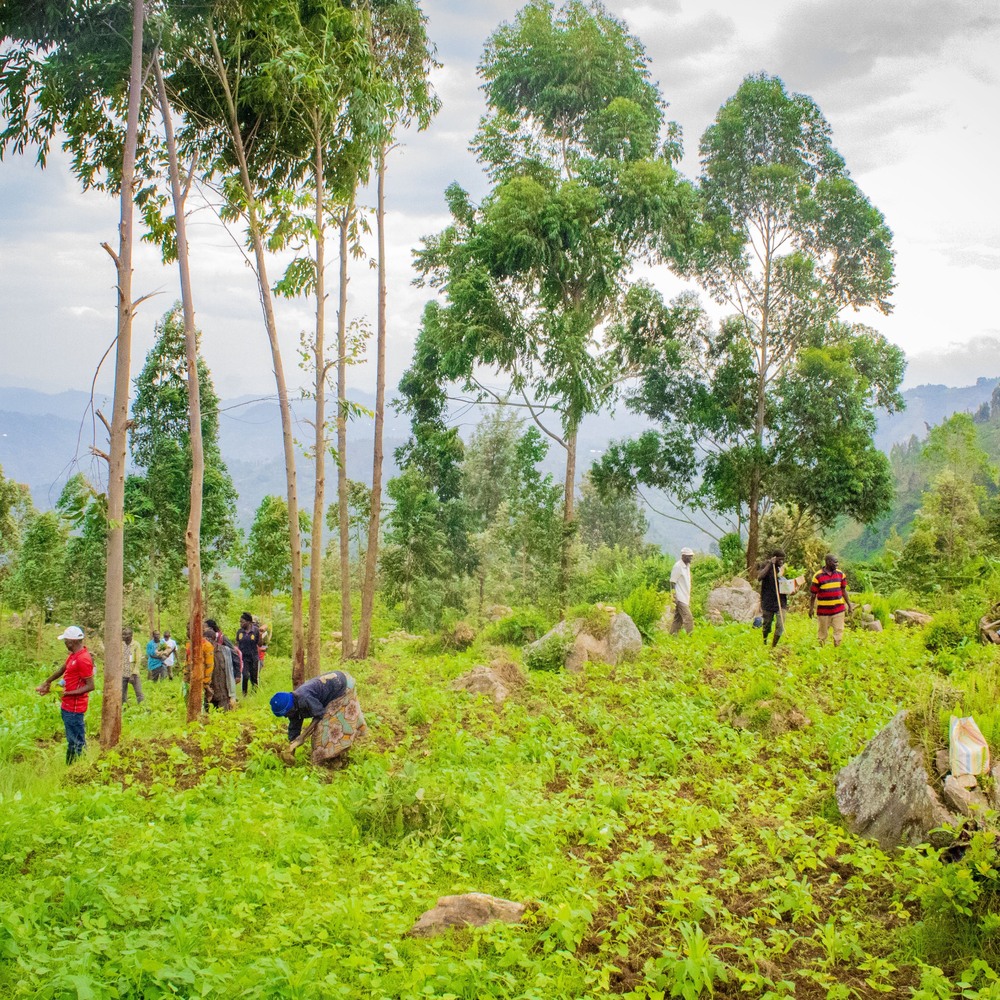


Planting seasons
November to March
Species supported
 Bamboo
Bamboo  Grevellea
Grevellea  Pine
Pine UN Sustainable Development GoalsSDG supported
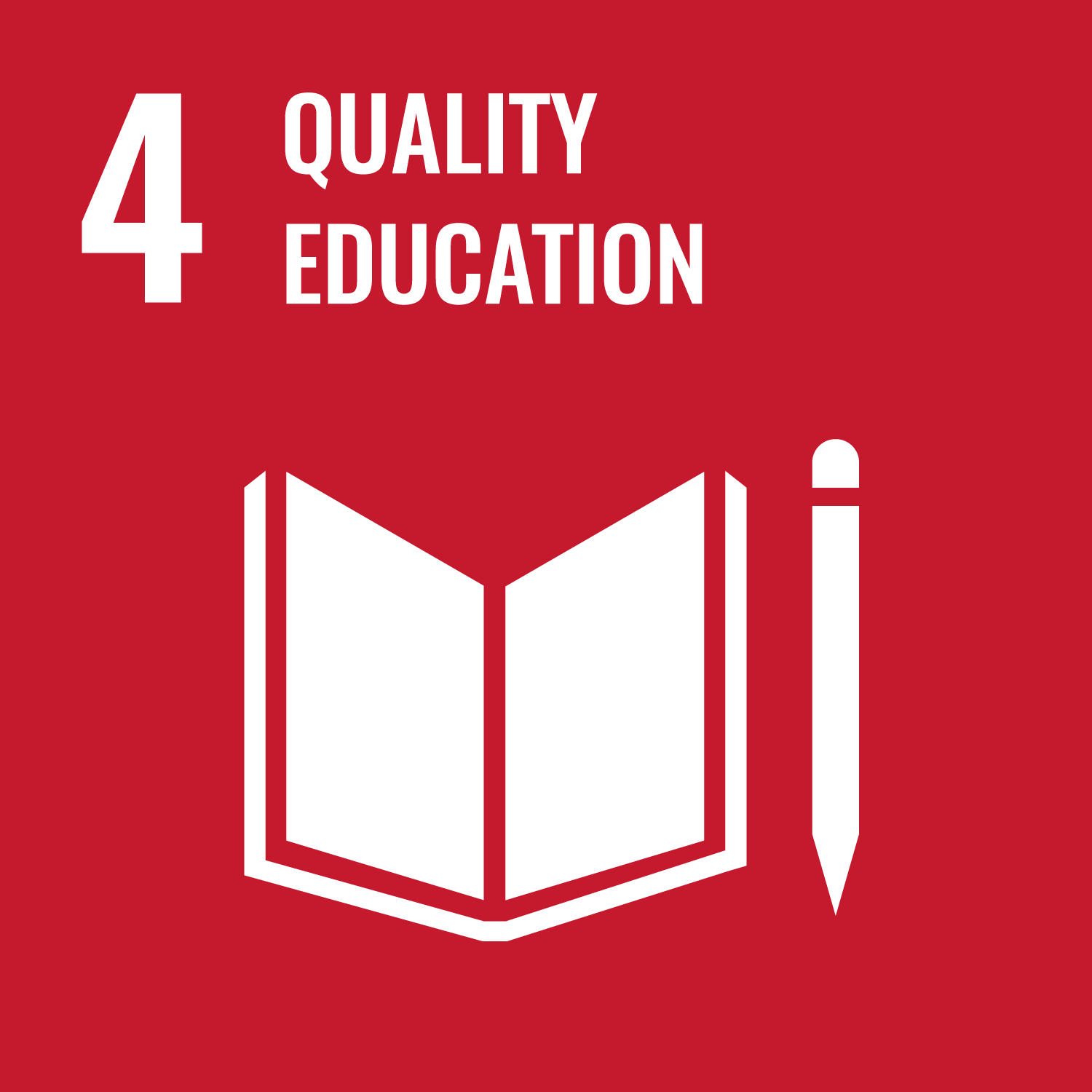 Quality Education
Quality Education 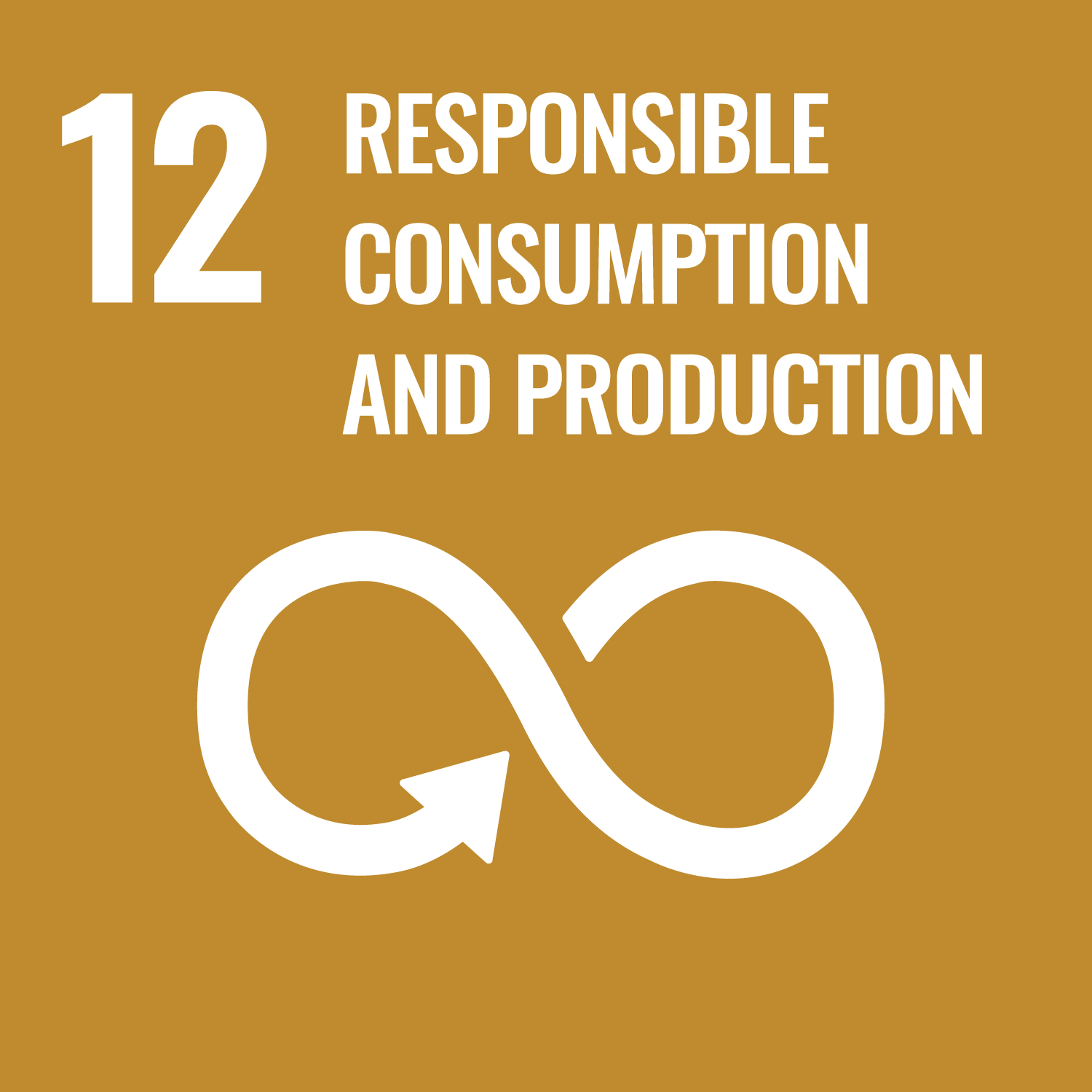 Responsible Consumption and Production
Responsible Consumption and Production  Climate Action
Climate Action 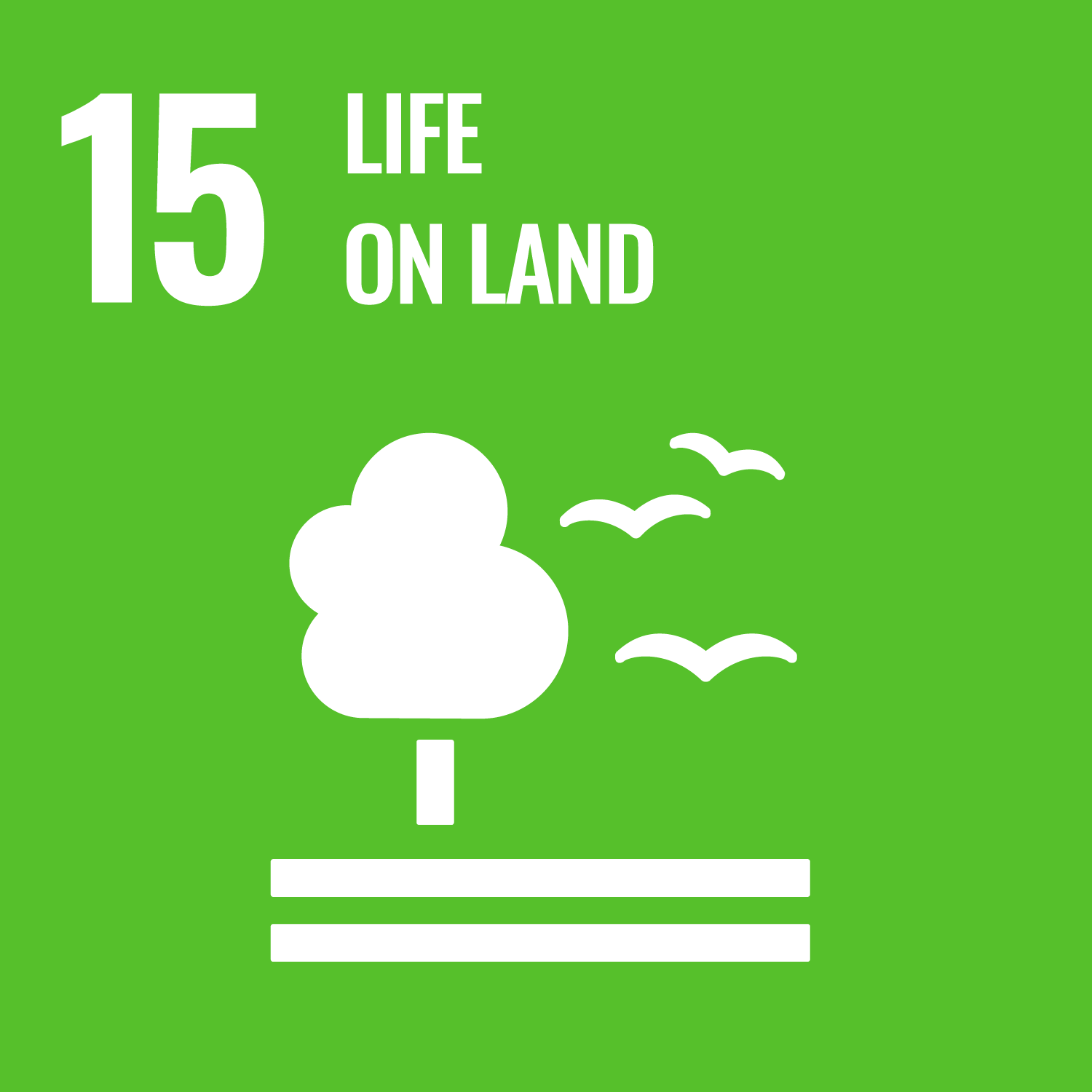 Life on Land
Life on Land The real-world impact of tree planting
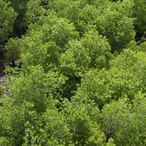
Fighting climate change
As it grows, each tree absorbs CO2, a greenhouse gas that contributes to global warming.
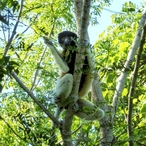
Restoring biodiversity
We plant native, non-invasive species that help restore natural ecosystems.
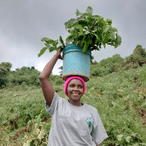
Creating local jobs
Tree planting provides employment opportunities and creates a sustainable source of income.

Share this page
Share link on social media/email:
Share link: